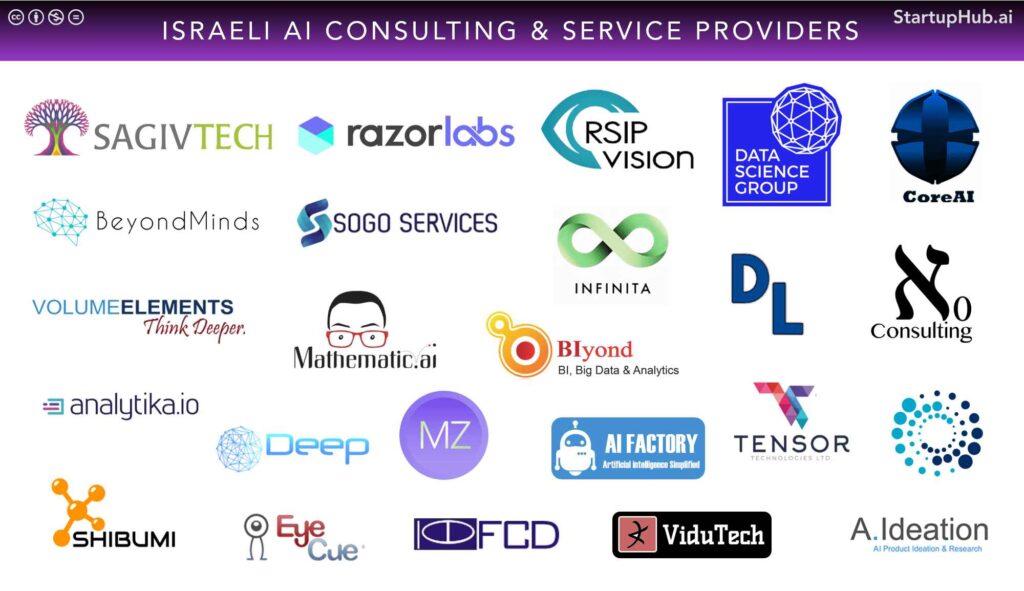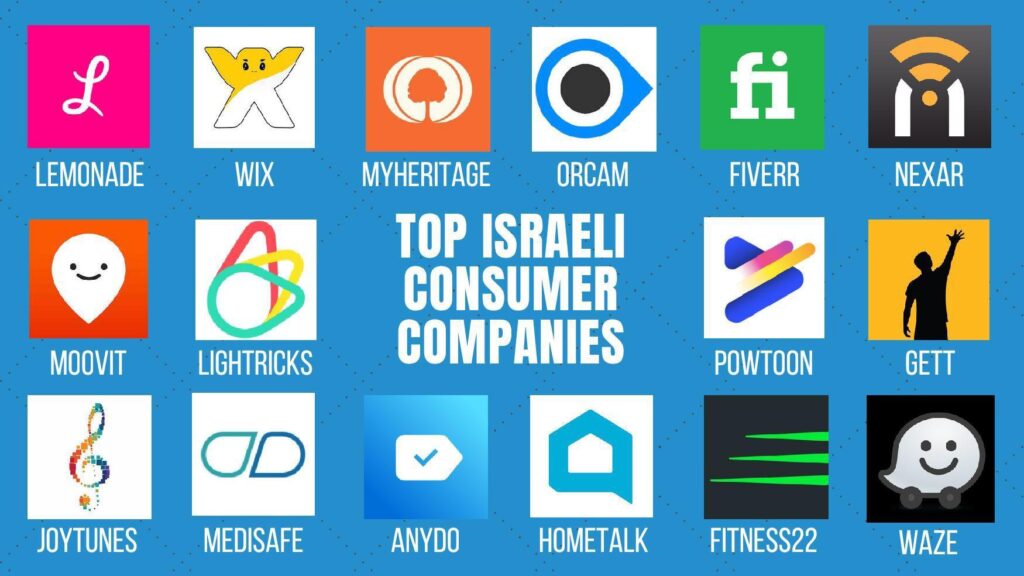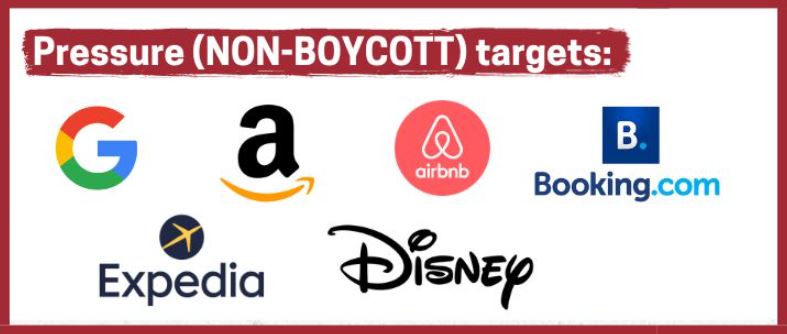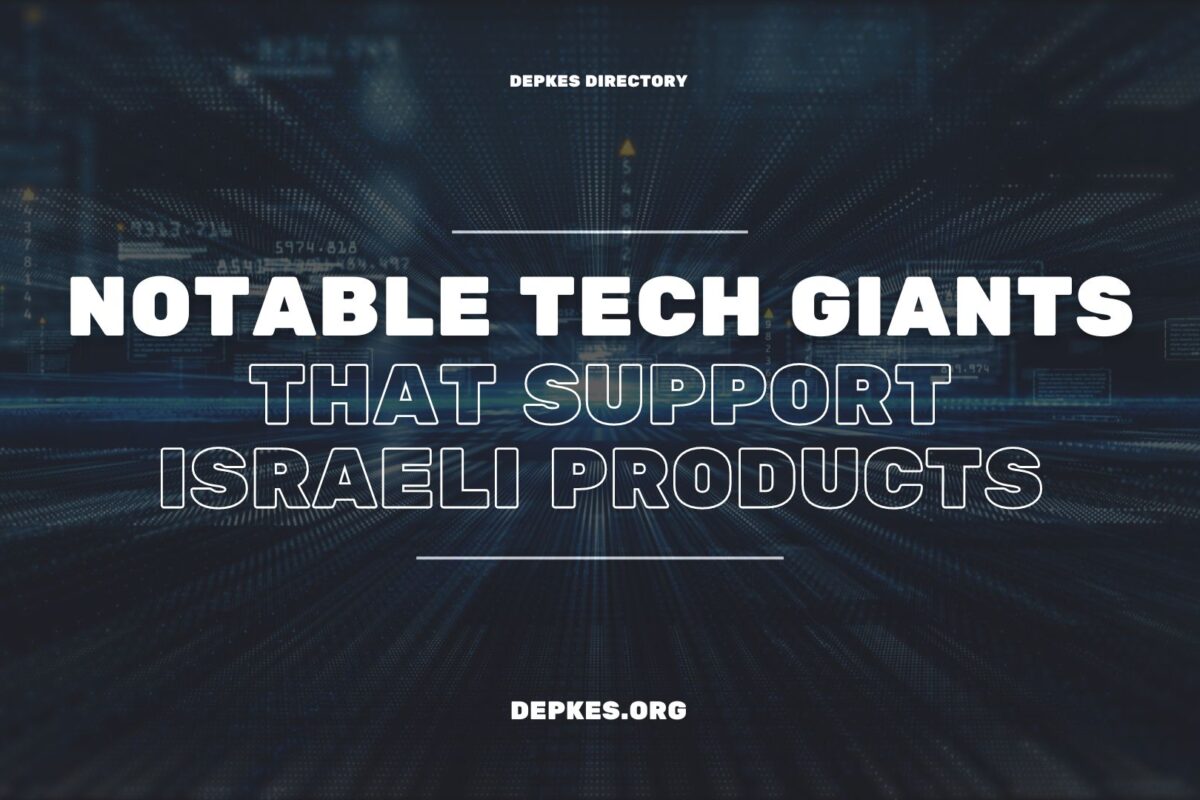In 2021, amidst Israeli military airstrikes in Gaza and threats of Palestinian displacement in Jerusalem, Amazon Web Services and Google Cloud signed a $1.22 billion contract (Project Nimbus) to provide cloud technology to the Israeli government and military. This deal has triggered controversy and raised ethical concerns regarding tech giants’ moral responsibilities.
This article delves into the implications of such contracts, the consequences of doing business with Israeli apartheid, and the voices rising against this collaboration.

Daftar isi:
No Tech for Apartheid: A Call to Action
As Amazon and Google joined hands with the Israeli government in Project Nimbus, over 1000 Google and Amazon workers felt compelled to take a stand. They recognized that technology should serve as a means to unite people rather than enable apartheid, ethnic cleansing, and settler-colonialism. The call for “No Tech For Apartheid” was born.
The Amazon and Google executives who endorsed Project Nimbus still have the opportunity to choose the right side of history. The call to action involves demanding that Amazon CEO Andy Jassy, Amazon Web Services CEO Adam Selipsky, Google CEO Sundar Pichai, and Google Cloud CEO Thomas Kurian sever all ties with Israeli apartheid and terminate the Project Nimbus contract.
See Israeli Full Product List: A List of Israeli Products to Boycott
Tech Giants and State Violence
Amazon and Google’s collaboration with Israeli apartheid is not an isolated incident but part of a larger pattern of major tech companies fueling state violence around the world. These tech giants have garnered attention for their dismal human rights records. Amazon, for instance, is known to support the U.S. Immigration and Customs Enforcement (ICE) by providing tools for deportation and detention. They have also partnered with over 2,000 U.S. police departments to surveil and criminalize Black and brown communities through Ring, their doorbell camera service.
Similarly, Google’s involvement with the Department of Defense to enhance the lethality of drone strikes has raised serious ethical concerns. While Google ended this contract after public and worker pressure, the company’s ties with the Pentagon still persist.
Despite these actions, both Amazon and Google have expressed commitments to upholding human rights. Amazon has even released Global Human Rights Principles promising to respect human rights in its business operations. Google’s motto, “Don’t be evil,” implies a commitment to responsible business practices. However, their collaboration with Israeli apartheid seems contradictory to these values.

See also: Should I support Palestine or Israel?
Israeli Occupation Support from Tech Titans
- Google and Amazon (US): In May 2021, high-ranking executives from Amazon Web Services and Google Cloud entered into a substantial $1.22 billion contract with the Israeli government and military. This agreement involves providing essential cloud technology to support the Israeli apartheid regime, and by extension, implicates both Amazon and Google in the entire framework of oppression, including the ongoing crisis in Gaza that resembles a genocide. Participate in the #NoTechForApartheid campaign to voice your concerns. While the campaigns directed at these corporations have not explicitly called for boycotts, they have opted for alternative methods of pressure to compel these companies to cease their involvement.
- Airbnb/Booking/Expedia: Airbnb, a U.S. company, along with Booking.com from the Netherlands and Expedia, another U.S. entity, facilitates rentals in Israeli settlements deemed illegal, as they are constructed on land taken from Palestinians. Despite not advocating for boycotts at this stage, the ongoing campaigns against these corporations have implemented various tactics to compel them to discontinue their involvement.
- Disney: Marvel Studios, a subsidiary of Disney based in the United States, is advancing a character in the upcoming Captain America film that embodies the principles of apartheid Israel. Palestinian cultural organizations have expressed that both companies are thus implicated in the endorsement of “anti-Palestinian racism,” the dissemination of Israeli propaganda, and the exaltation of settler-colonial violence against Indigenous populations.
See also: Israel-Facebook Connection
Collaborating with Apartheid: The Impact on Palestinians
The detrimental impact of Israeli apartheid on Palestinians has been well-documented by organizations like Human Rights Watch and Israel-based B’Tselem. The Israeli government’s apartheid regime and occupation practices have resulted in the suffering of Palestinians for generations.
By providing their cutting-edge technology and expanding public cloud computing capacity to the Israeli government and military, Amazon and Google are inadvertently facilitating Israeli apartheid. This cooperation makes the apartheid more efficient, violent, and fatal for Palestinians.
Furthermore, this technology could potentially be used to support the expansion of illegal settlements, which directly contributes to the displacement of Palestinian communities. This comes in stark contrast to the promises of global inclusion and expansion that technology was expected to deliver. Palestinians find themselves at a disadvantage, with outdated 3G networks, while the rest of the world is moving towards 5G. This digital divide is part of the systematic discrimination perpetuated by the tech giants.
Censorship and Discrimination
Palestinians also face censorship and discrimination in the virtual world. Major tech companies, including Google and Amazon, have shown signs of suppressing the Palestinian narrative. This suppression borders on a denial of Palestinian existence. The economic contracts between Israel and these international corporations restrict Palestinian content on social media platforms, limiting their ability to express their perspectives and experiences.
This systematic censorship extends to cloud services, as Google signed a $1 billion contract with the Israeli government to provide cloud services used in controlling checkpoints, gates, cameras, and barriers. This technology exacerbates daily suffering for Palestinians, and these companies have gone a step further by partnering with the militarized Israeli state.
Inequality and Restrictions
The inequality experienced by Palestinians is further exemplified by the limitations imposed on their access to Google services. Google paid services are not available in Palestine, and Palestinians cannot purchase extra storage or apps for their Android devices. In contrast, Israelis living in illegal settlements on the West Bank have access to all Google services. Google’s association with the Israeli government only strengthens this inequality.
Check Out These Palestinine Wallpapers to Express Your Support to the Palestinians HERE
Palestinian Voices
Palestinian voices have spoken out about the impact of such collaborations. Graduates, students, and professionals from various fields in Palestine and its neighboring regions have shared their stories. They express the challenges they face due to the digital divide and how these collaborations deepen their suffering.
In the face of immense challenges and restrictions, Palestinians seek to build a better future where safety and freedom are available to all, including Palestinians.

The collaboration between major tech giants like Amazon and Google with Israeli apartheid has sparked a moral dilemma. It raises questions about the responsibility of corporations in addressing human rights issues and serving as a force for good in the world. The voices of workers, activists, and Palestinians have come together to demand accountability and a reassessment of these corporate partnerships.
The issue of tech giants supporting Israeli products underscores the broader ethical concerns surrounding corporate actions, technology, and the impact of their collaborations. The world watches as Amazon, Google, and other major tech companies navigate the path between profit and social responsibility, while Palestinians continue to advocate for their rights and freedom in the digital age.
- Investigating Ferrero Rocher’s Support and Investment Stance on Israel
Does Ferrero Rocher support the Israeli Occupation of Palestine? The scrutiny surrounding the company’s supposed support is growing, particularly for…
- Exploring ASDA’s Interest and Support in Israel
Does ASDA support Israel by selling products sourced from Israeli settlements in Palestine? This raises concerns over human rights violations…
- Does Hershey Support Israel? A Deep Dive
Amid allegations of ties to Israel and Palestinian territories, Hershey faces controversy. Let’s delve into the upheaval, analyzing accusations, investigating…
- Luxury Companies Supporting Israel: A Deep Dive into Their Possible Connections
Are luxury companies, such as LVMH with its notable brands Hublot, TAG Heuer, and Tiffany & Co, supporting Israeli companies?…

